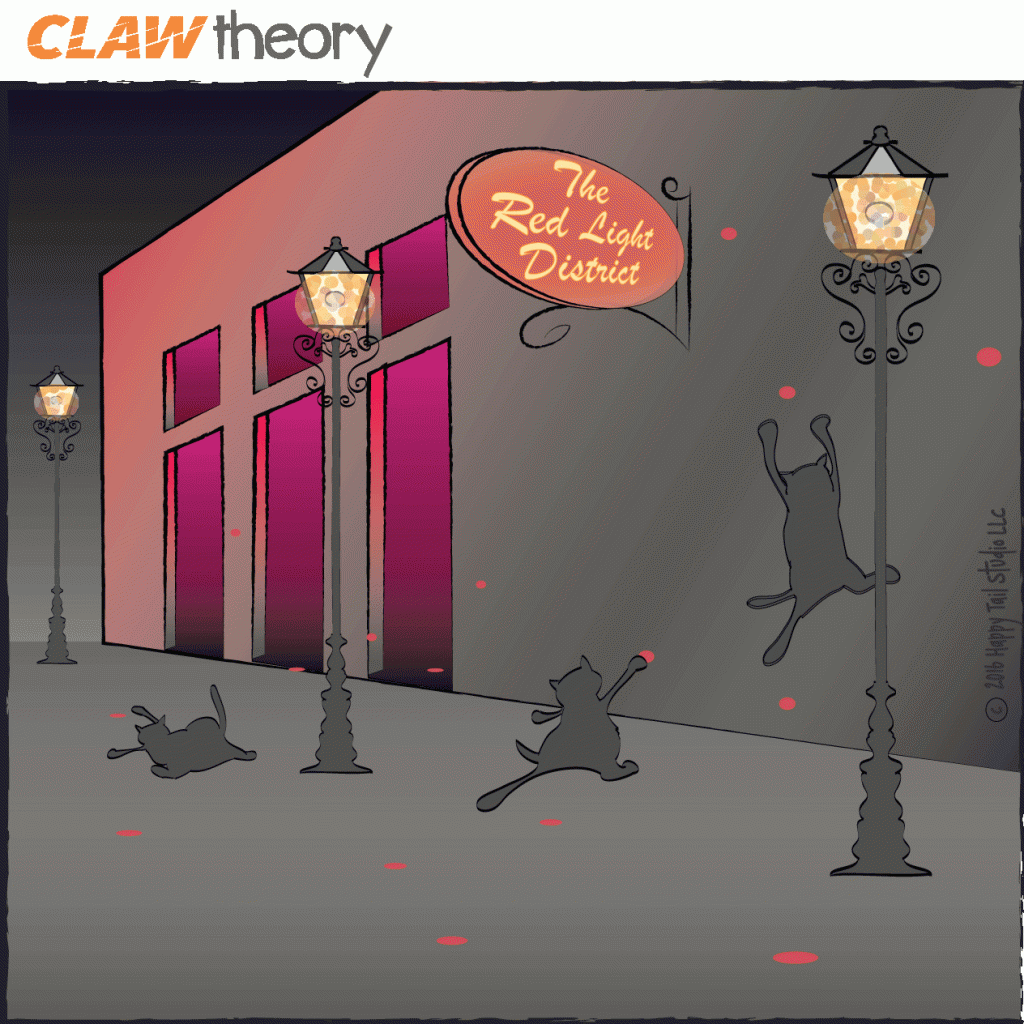The State of Play
If you have companion animals at home, you know how important play time is, both for bonding and to help prevent boredom, which can lead to destructive and undesirable behavior. Behaviors and activities that could be described as “playful” have been observed in a variety of animals, from goats and pigs on the farm to elephants, otters, and other wildlife, particularly among those with a capacity for social bonding.
If a pig can learn to play video games, is it more than a neat trick? If playfulness seems associated with a capacity social bonds, then this reflects some level of social awareness. Playfulness also often evidences aspects of communication, whether through sound, physical movements (think tail wags), or other indicators. Moreover, play suggests a capacity for independence and creativity. Yet many researchers are careful to guard against anthropomorphic pronouncements and label animal play as instinctive.
What’s the big deal about something that is engaged in primarily “for the fun of it”? If taken as accurate, playfulness suggests animal sentience. Such indicators would confirm that degrees of personhood may be applicable to nonhuman animals. The assertion may bring with it profound implications, legally and morally, as evident in Farm Sanctuary’s Someone Project. From bioethics to animal rights, debates continue about what traits indicate sentience and what constitutes personhood.
“Play, laughter, and friendship burst across the species barrier” ~Jeffrey Moussaieff Masson, When Elephants Weep
For humans, play behaviors have long been been associated with learning and are valued for social, moral, intellectual benefits across all stages of development. Yet researchers often debate the purpose of play behaviors when exhibited by animals, careful to resist comparisons between humans and nonhumans. In fact, many intellectual projects seem to aim deliberately at establishing criteria for “personhood” that exclude non-human animals. For a provocative interdisciplinary analysis of human-animal relationships and the theoretical divide, see Beyond Boundaries (Barbara Noske, 1997, Black Rose Books). The implications of “play time” may well challenge the status quo by raising questions about the choices we make every day, from what we eat to what we wear.


